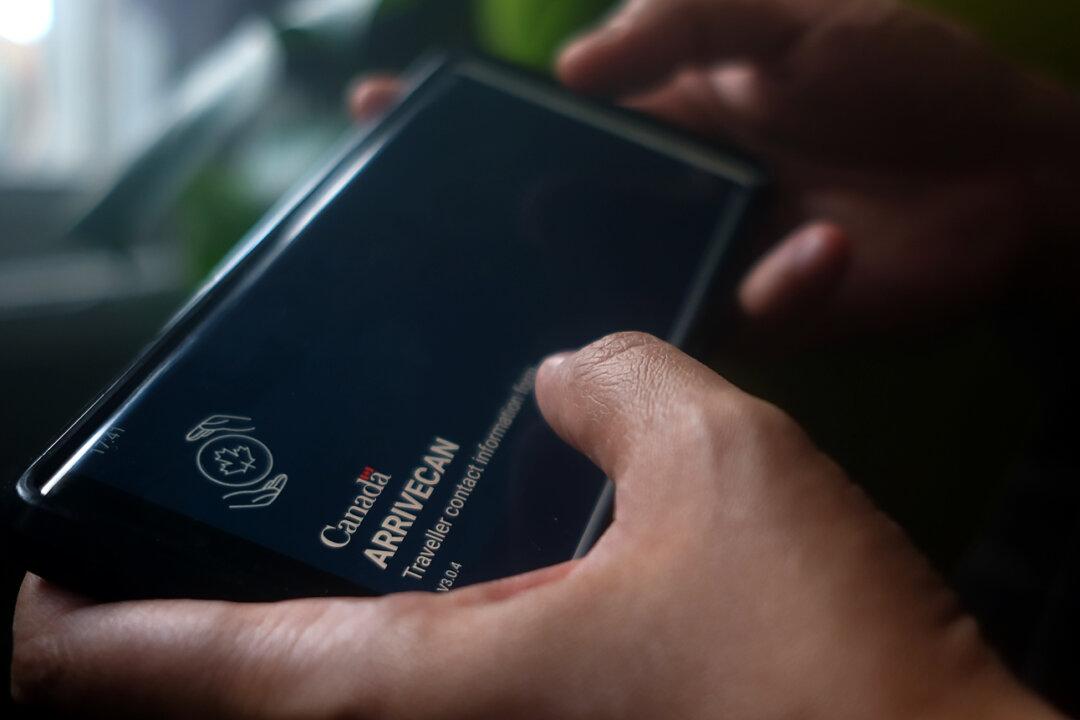The ArriveCAN app likely cost Canada’s tourism industry billions of dollars in lost revenue, according to witness testimony at a parliamentary hearing.
“It’s been hugely impactful and devastating,” said Jim Diodati, mayor of Niagara Falls. He was one of the witnesses at an Oct. 4 hearing of the House of Commons Standing Committee on International Trade.





